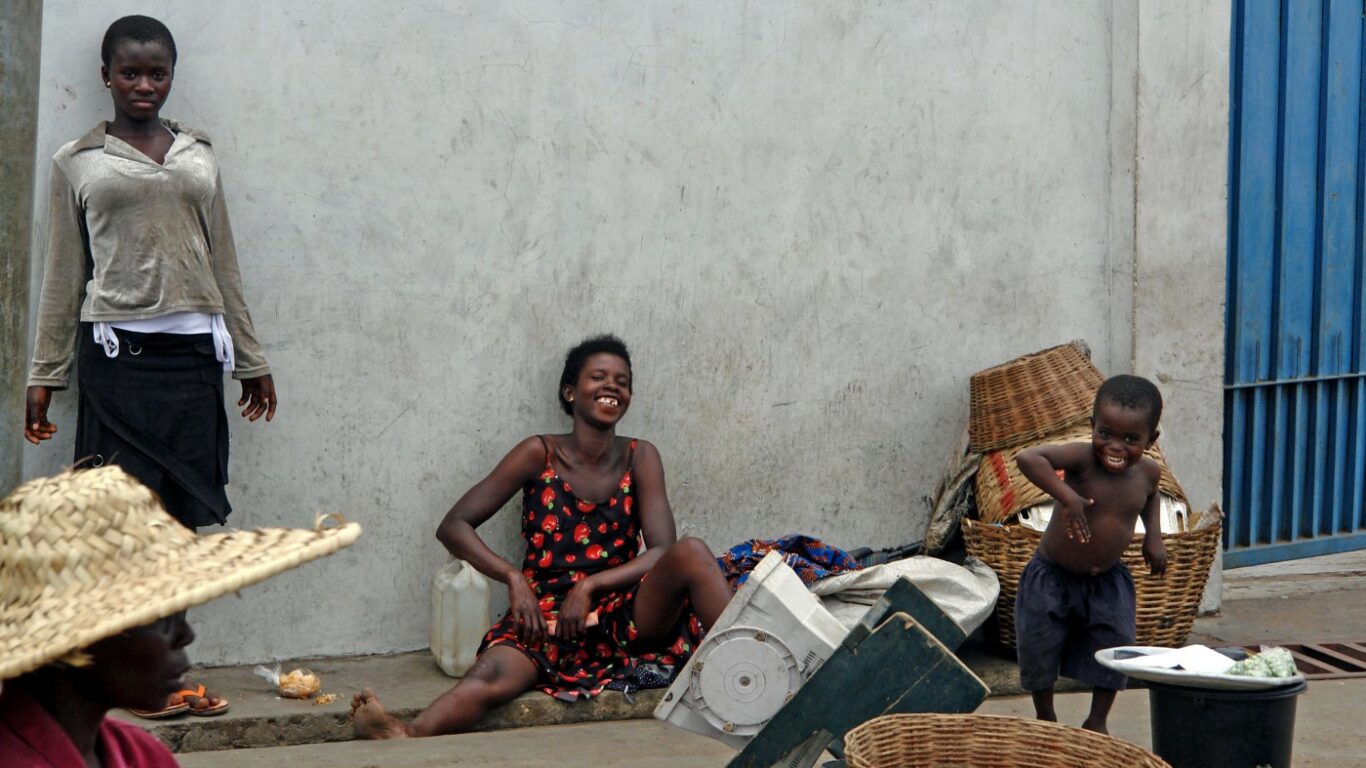Like all other companies, we look at data to better understand our customers and how we can build a better product for them at Eversend. We look at broad demographics of our app users, Facebook likes, and twitter followers. Country, gender, language, etc.
One insight made a lasting impression.
An overwhelming majority of our users / followers are male.
For a company that’s majority women (55%!), this was surprising at first glance. Since countless studies have shown that stronger female representation in a company usually leads to higher female customer engagement, i.e. products that cater to female pain points, gender inclusive messaging, etc.
So are we doing something wrong? How can we serve women better?
To understand more, we did some digging. Here’s what we found.
Why would someone use Eversend?
To understand the characteristics of a typical Eversend user.
- 💳 Can use mobile money, debit, or credit card (existing financial accounts) to finance transactions
- 🌍 To send money across borders into Africa (where the alternative is expensive bank transfers, wire transfers or physical transport)
- 💱 To exchange currencies cheaply (so they operate in different countries)
- 📞 To purchase airtime (new feature for Uganda and Kenya!)
Most of our followers are from Uganda and Kenya, so where data is available, we used information on these two countries as proxy.
Statistically, there are less women than men who meet the preconditions to need Eversend.
- 🏦 More men have financial accounts — to add money to Eversend, as we are still built on existing financial infrastructure. Financial inclusion gender gap in Sub-Saharan Africa is 11.3% on average.
- 📱 More men have mobile phones — we’re an app-based platform after all. For example, the Uganda gender gap in mobile ownership is around 7% in urban areas. It goes up to 15% in rural areas. That gap is 7% in Kenya.
- 📲 More men have mobile money accounts.
- ✈️ There are more men than women working abroad — to need cheap, instant cross-border transfers or currency exchange. Only 39% of the Ugandan diaspora of 2 million migrants are women. Another interesting fact, however, is that Ugandan women abroad send a higher proportion of their income home.
Other behavioural and structural explanations
1. 💰 Having less money.
It is found that, compared to men, women receive rather than send money on mobile money.
In a study by the World Bank, the most common mobile money transaction among women was receiving money. This could be tied to the structural factors of women’s limited participation in the salaried labour force and lower socio-economic status. With little money on hand, there isn’t any obvious incentive to set up formal financial accounts either.
When women do, it is more likely for them to be on the receiving end of money transfers. In Kenya, women are 26% less likely than men to send money on mobile money.
We do not currently have information on the gender of Eversend payment recipients. If we did, we might be able to test if this is true for the Eversend community. This is something we will dig into going forward.
2. 📶 Limited access to phones and connectivity.
When women do acquire phones, they tend to be of older versions with limited functions, i.e. limited internet. In Kenya, 49% of men are mobile internet users, while only 31% of women are.
For this, our USSD compatible application is under development. We are excited to see if its introduction will alter our user demographic.
In a related sense, men purchase more airtime with mobile money, an indication of phone network usage, compared to women.
3. 📡 Lack of information and awareness.
Women rely on friends and family for information, compared to radio or TV by men.
Surveys show that men were more familiar with mobile money and the financial services offered by mobile providers. In Uganda, 95% of men are aware of mobile money, compared to 89% of women. Beyond basic awareness, struggles with lack of information, financial literacy, and trust in mobile money keep women skeptical towards mobile money and their need for it.
On this — our referral program is coming! Let friends and family spread the word to those who could benefit from Eversend.
4. 👛 Women use mobile money to save.
So they can pursue their own financial and occupational goals away from family knowledge.
We don’t currently focus on the Eversend wallet’s savings function, but should we?
